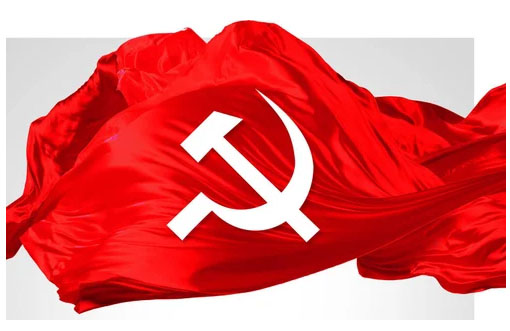
‘FOREIGNERS Found on Bihar Rolls, Says EC; INDIA Questions Data’ – screamed the lead headline on the front page of a major national daily. It appeared to be simply unbelievable.
In an earlier editorial, we had outlined the complete timeline for the Special Intensive Revision, as laid out by the Election Commission of India (ECI) in its press release dated June 24. For the benefit of our readers, let us recall the process: “The BLOs (Booth Level Officers), in turn, must distribute the forms door-to-door, collect the filled forms, and verify them. In addition, higher officials must carry out rationalisation and rearrangement, finalise the proposed restructuring of polling stations, get the list of polling stations approved, and publish the draft Electoral Rolls by August 1, 2025, followed by the final Electoral Rolls on September 30, 2025.”
If that is indeed the case, then how can the Election Commission (EC) say that foreigners have been found on the Bihar rolls? Since there can possibly be no formal statement from the ECI before September 30, it can only mean that a section of Commission officials has planted this disinformation to prejudice the ongoing judicial process before the apex court on the matter, with July 28 being the next date for hearing. Whether the leak was official or clandestine, the onus of responsibility will rest on the Commission if it does not issue a statutory disclaimer.
The question of propriety becomes even more urgent because, while the Supreme Court bench did not deliver any specific order stopping the ongoing Special Intensive Revision (the petitioners did not ask for such relief), the basic questions raised still require pointed replies from the ECI.
First question: Does the ECI have the power to decide the citizenship status of a voter? On this issue, the bench observed that it is the remit of the Ministry of Home Affairs (MHA) to determine whether an individual is a citizen. The bench stated that “…citizenship is an issue to be determined not by the Election Commission of India, but by the Ministry of Home Affairs,” when the EC defended its decision to exclude Aadhaar as a valid document.
Second question: Why this timing? The bench further observed that if the EC wanted to ensure that only citizens remain on the electoral rolls, it “should have started the process much earlier.” The Court essentially questioned the timing and asked whether the exercise could be delinked from the Bihar elections.
Justice Dhulia underscored the practical consequences: “Your decision, to disenfranchise the person who is already there on the electoral roll in 2025, would compel this individual to appeal against the decision and go through this entire rigmarole and thereby be denied the right to vote in the ensuing election. There is nothing wrong in your purging electoral rolls through an intensive exercise to see that non-citizens do not remain on the rolls. But if you decide only a couple of months before a proposed election…” He added a pointed, real-world caution: “If you ask for these documents immediately, even I will not be able to produce them now. Look at the practicality; look at the timeline,” referring to the elaborate set of documents insisted upon by the ECI – requirements that unmistakably resemble the NRC process.
And finally, the third question: What procedure will the EC adopt? The judges asked the Election Commission (EC) to clarify the process it would follow in cases where a voter is to be disenfranchised. Justice Dhulia posed a pointed query: “If a ‘summary revision’ under the Representation of the People Act calls for a verbal hearing before deletion of a voter from the electoral roll, can it be said that the ‘intensive’ revision cannot have that process?”
Under the RPA rules, in all cases of proposed voter deletions, except in confirmed death cases, a notice must be served to the voter, giving a reasonable opportunity to be heard. As part of this line of questioning, the bench also raised the admissibility of certain documents. In its order, the Supreme Court asked the EC to explain why Aadhaar, the Electoral Photo Identity Card (EPIC), and the ration card cannot be accepted as valid documents in the Special Intensive Revision (SIR) process. This potentially expands the narrow 11‑document list that has already triggered widespread panic and confusion on the ground.
These are the precise questions that are haunting people. No one disputes that the ECI is empowered to do everything necessary to ensure free and fair elections on a level playing field. But the order of June 24 and the method and timeline the Commission has set are unprecedented departures from past practice. The SIR does not have a basis in the relevant statutory provisions or rules. It appears to be a backdoor introduction of the NRC exercise. The result is a real risk of disenfranchising a very large number of people, especially those who are economically or socially marginalised and digitally disempowered.
With the ECI indicating that similar SIR exercises may be undertaken in other states, these questions must be settled in a rational and reasoned manner – or the future of electoral democracy itself could be at peril.
(July 16, 2025)


